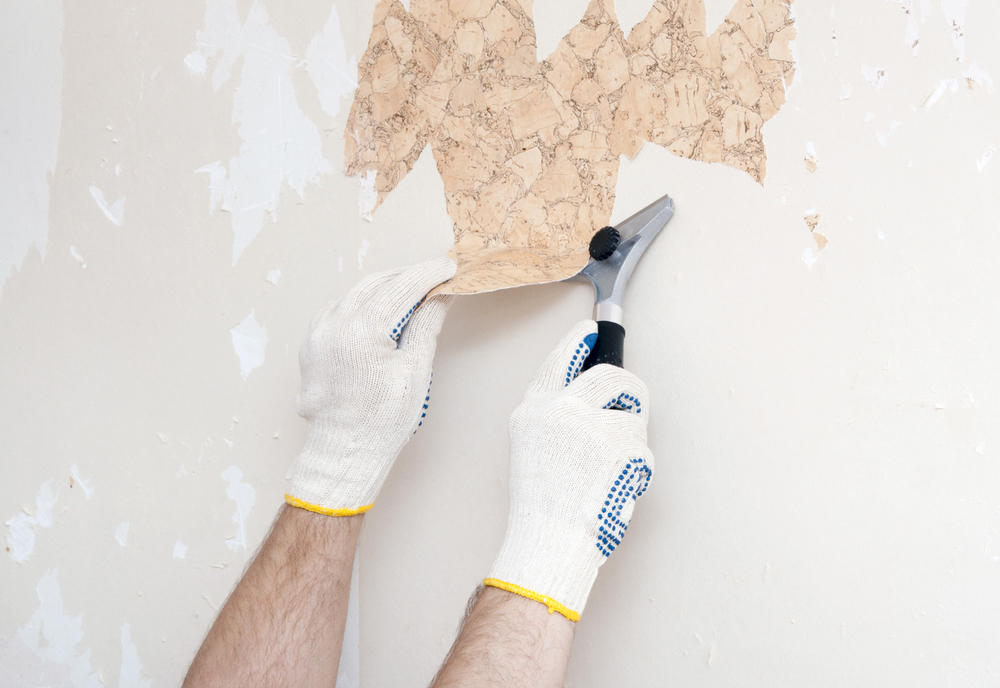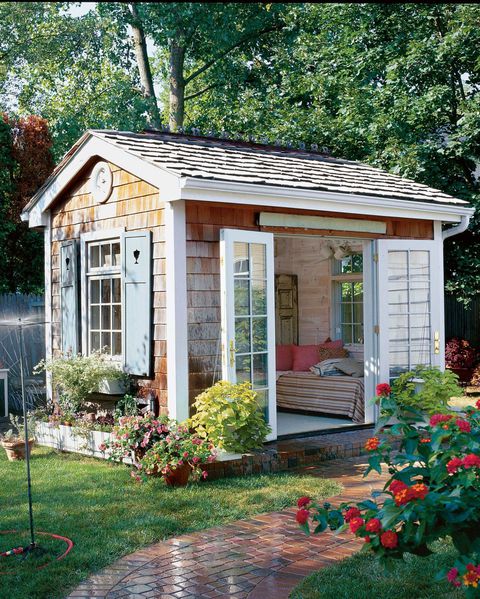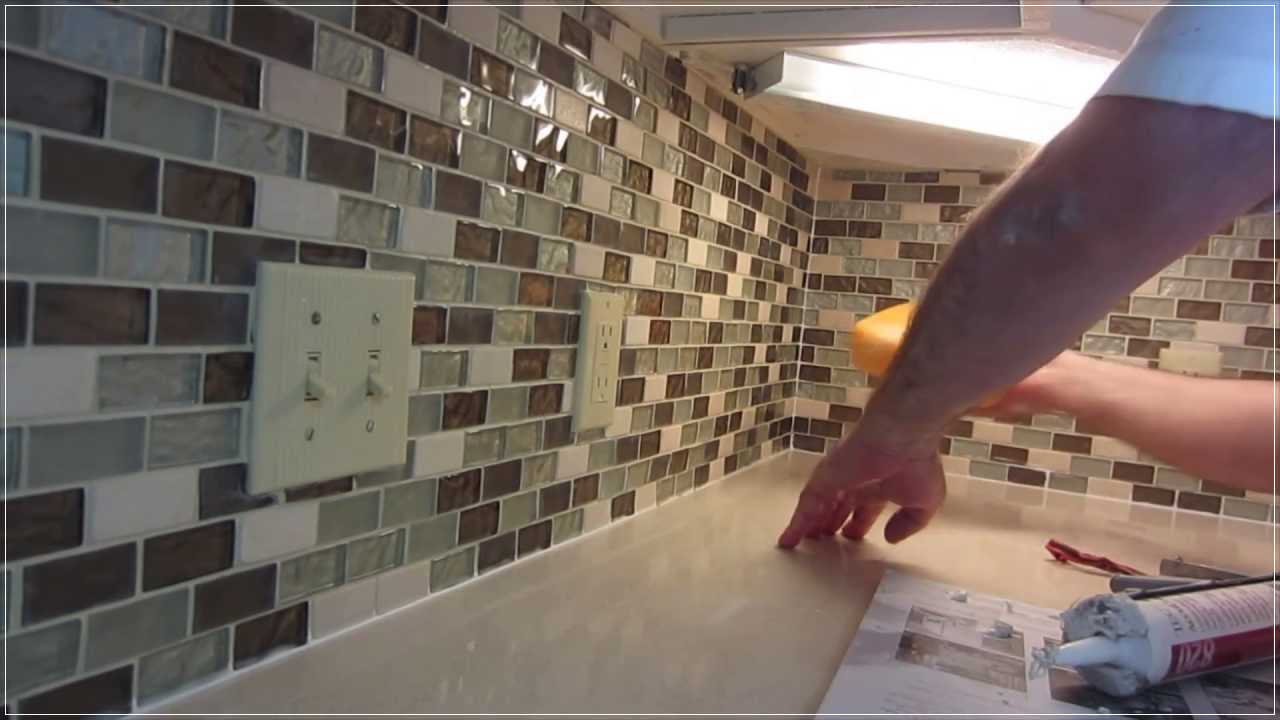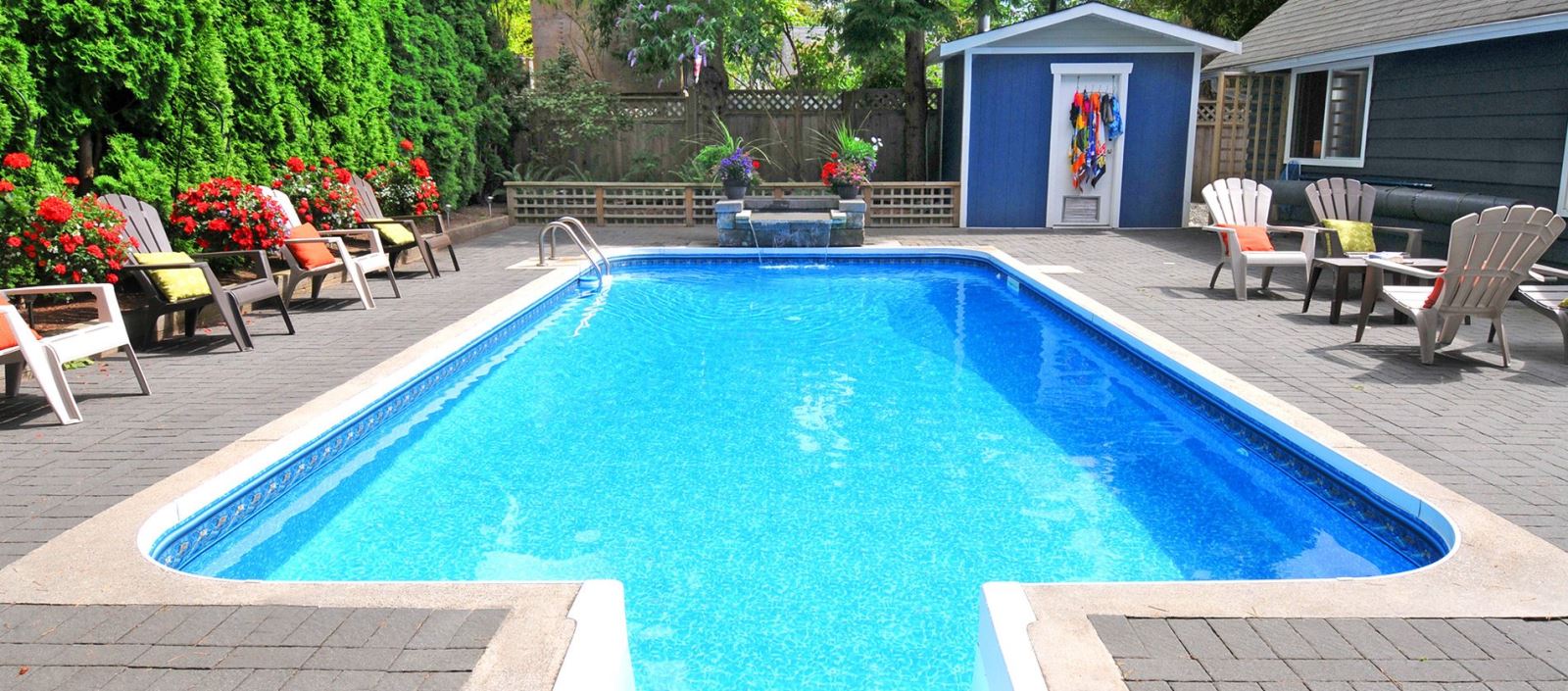Choosing a Home Security System for Your Chester County PA Home!

The home security business is booming, and with so many different brands, subscriptions, and DIY systems, it’s hard to decide what’s right for you and your home. Let’s take some confusion out of the process with these tips and suggestions:
-
- First, decide on whether you need round-the-clock monitoring, or if you want to keep an eye on things yourself using your smart phone.
-
- Major strides have been made over the past few years with third-party monitoring systems, and many companies offer apps for your phone so that you, as well as the company, can watch over things.
-
- Most monitoring companies offer a free trial period as well, some up to 30 days. If you’re not happy, you don’t have to commit to their service and worry about extra fees if you cancel before the trial period is up. Ask before you commit.
-
- If you’re a renter, and worry about the permanent installation, most companies are offering wireless sensors and cameras that can be moved as you move.
-
- For the DIYer, you or someone you know should be comfortable with setting up your system, not only the physical installation, but connecting it to your home’s internet or home management system.
-
- Safewise.com ranks their favorite 24-hour, monthly fee-based systems, and gives you all their pros and cons for each company.
-
- Find the self-monitoring system that will work best for you with safehome.org‘s top systems, as well as their highest-ranked third-party systems.
-
- Is there an elderly person in your life that lives alone? Consider purchasing a security system for them, and Safe Home offers their favorites for ease-of-use and cost.
-
There have been so many improvements to home security systems to accommodate busy families and the ease-of-use for setting and deactivating the alarm system as you come and go, you can find a system that best fits not only your home’s needs, but your family’s needs as well. If you decide on a third-party service, make sure you budget accordingly, since there is a monthly fee, and usually a cancellation fee if you change your mind mid-contract.
Courtesy of Chester County PA Realtor Scott Darling.
Photo credit: krislindahl.com













